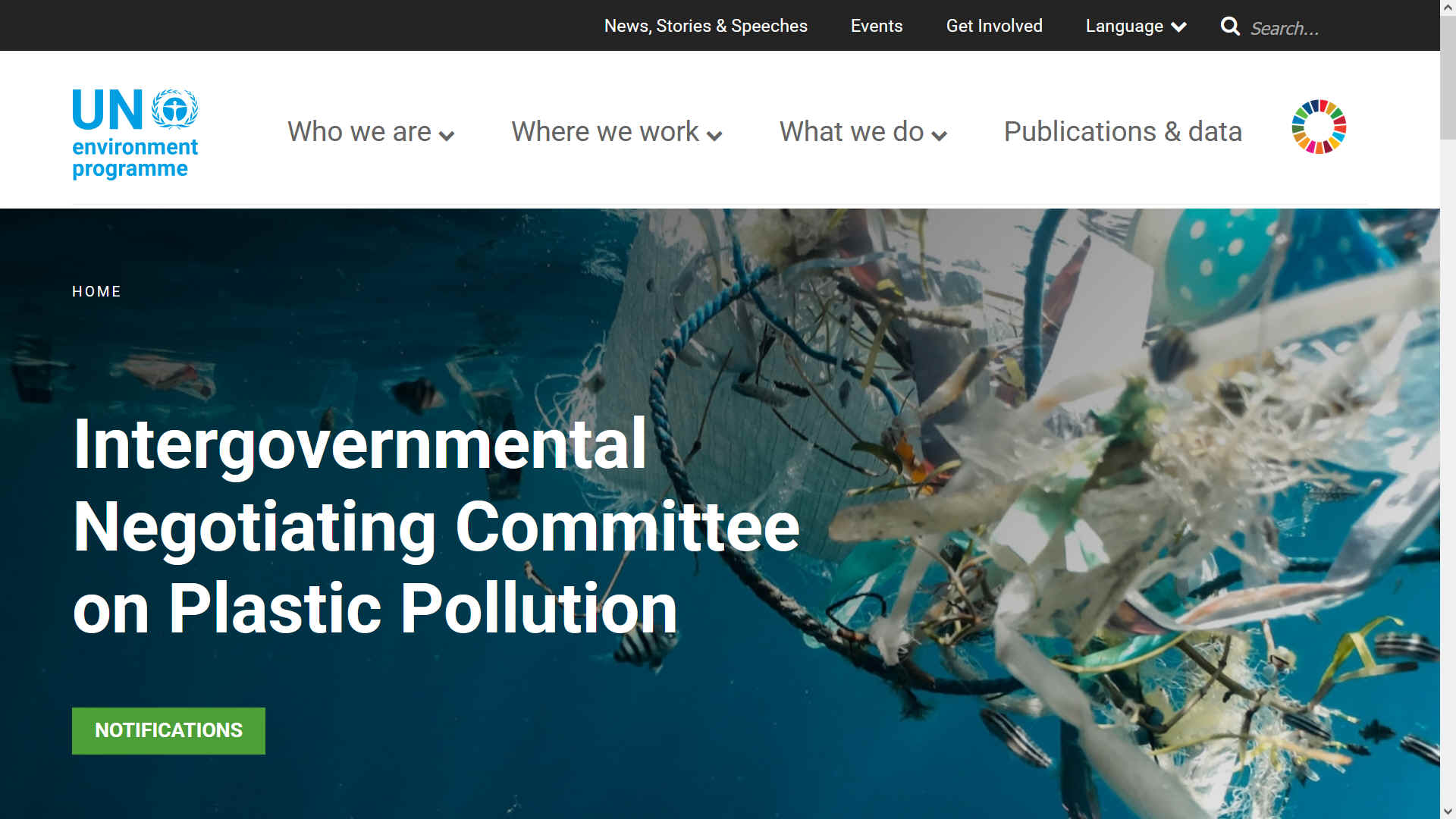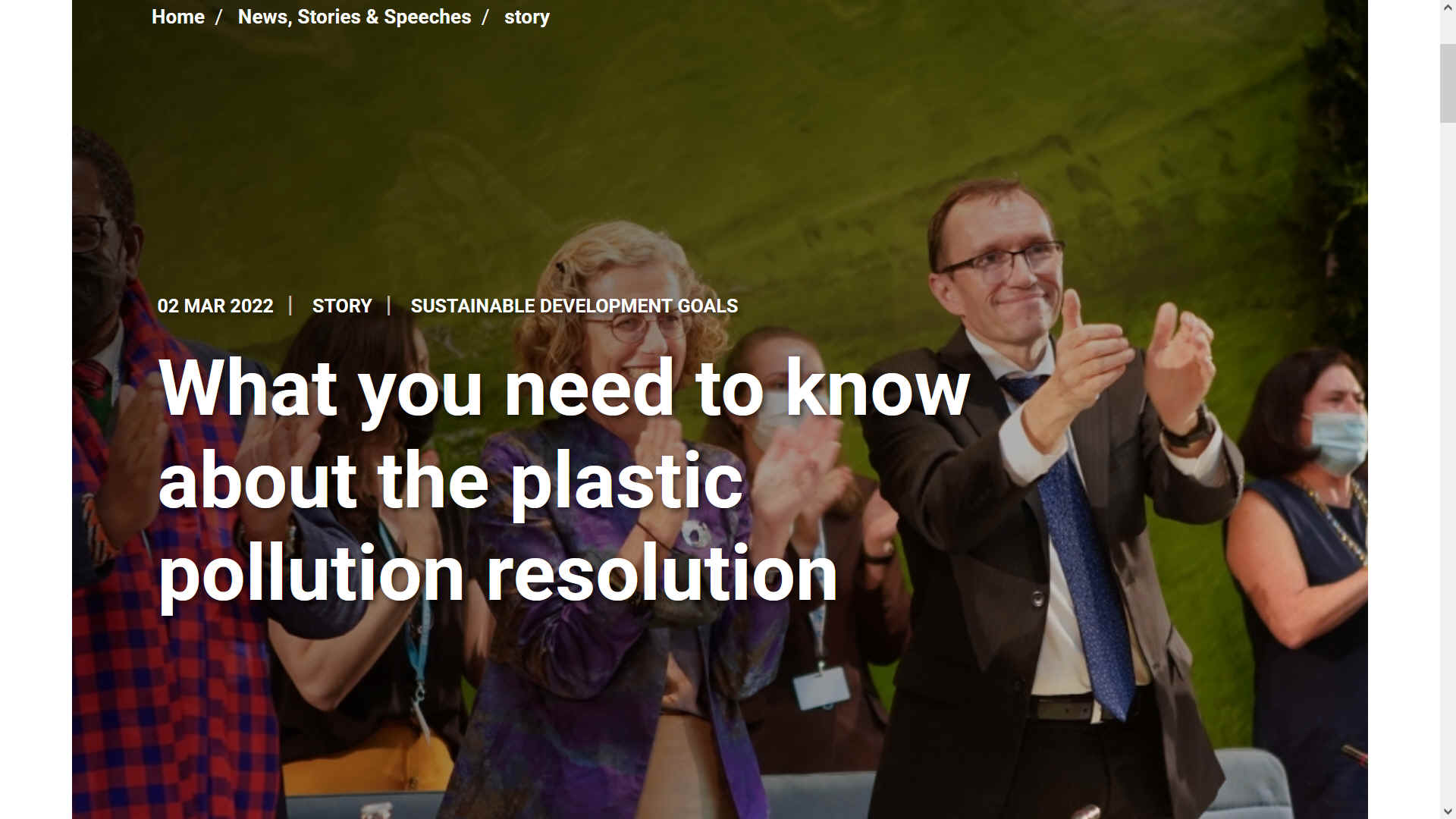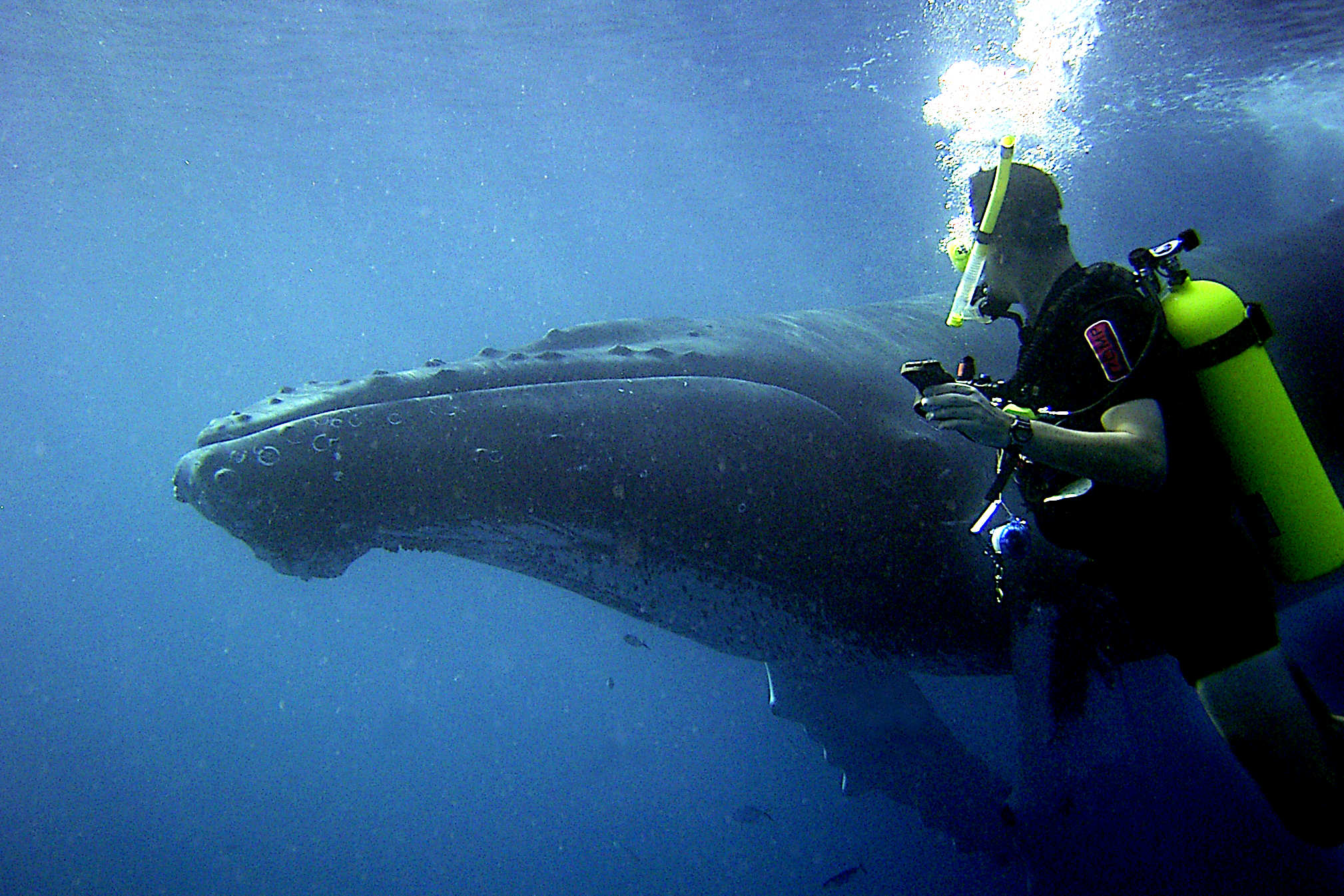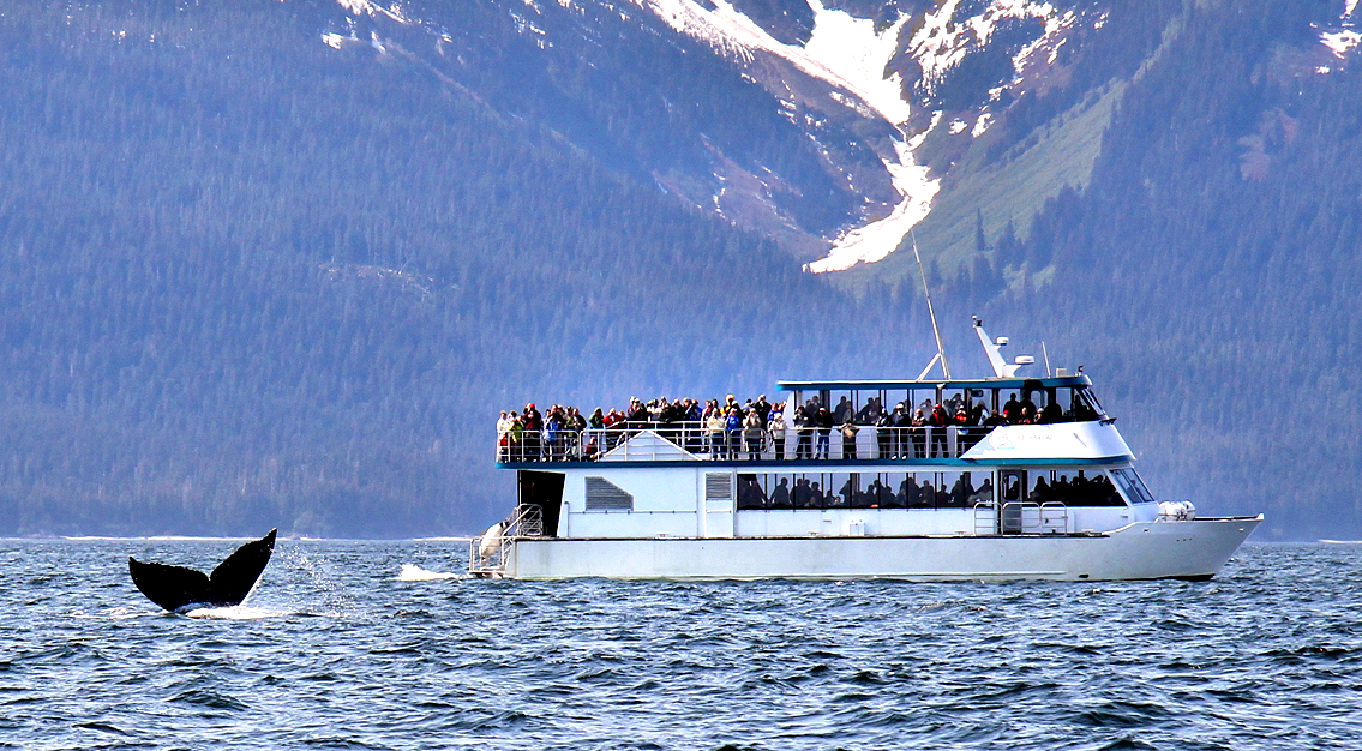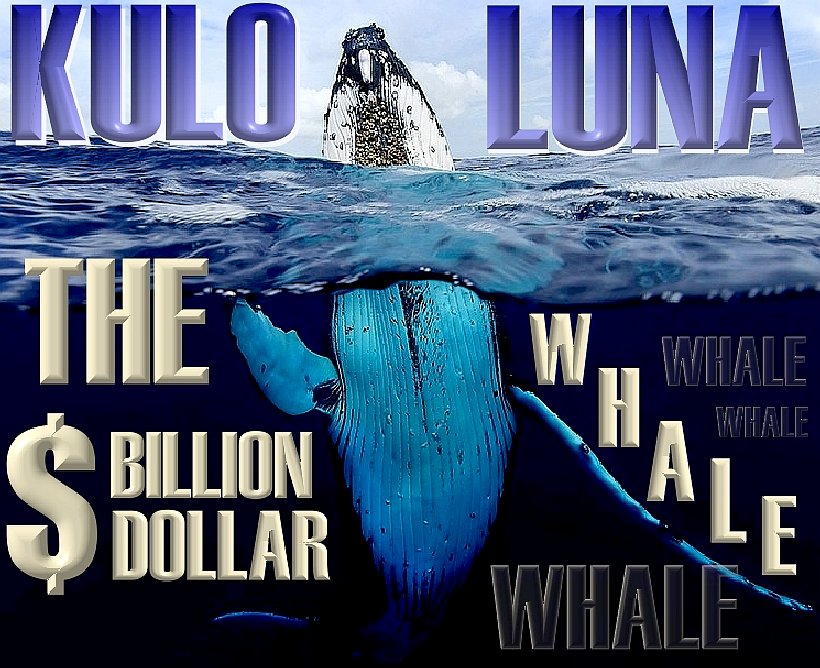|
CLEANER OCEAN FOUNDATION
Please use our A-Z INDEX to navigate this site
|
|
The Cleaner Ocean Foundation Limited is a not for profit company with charitable objects, and without share capital. Meaning that the directors are Trustees, and as there are no shares, there can be no dividends to shareholders, as with profit making concerns.
All funds raised are used for our stated objects. In the event of being wound up, all remaining funds would be donated to a charity with similar aims.
Constitutionally, the company is a charity. After efforts to register with the Charity Commission, it was determined that due to work on social projects like SeaVax, and zero carbon transport, the Commission could not register the organization in the United Kingdom, where they said there was the potential for trading and thus profits. And yet our objects said otherwise. Without shares for dividends, how could anyone profit? We do not make the rules!
For the avoidance of doubt, the Foundation does not trade, but can develop and promote concepts in furtherance of their stated objects, and where appropriate, make introductions to third parties for the purposes of trading that is not conducted by the Foundation, so long as that trading is aligned with the Foundation's objectives, save for grant generation that may be necessary to attract and secure funding and development partners - who are environmental entrepreneurs.
The Charity Commission recognised that the work of the Foundation was of benefit to the communities served. Inviting a Judicial Review to challenge their decision. Somewhat disingenuous, in reality a blocker, where a charity with no income would be unable to mount a High Court case? You may consider such folly unfavourable treatment. We just rolled with the punches. Turned the other cheek. We do not make the rules. Notably, those who do, do not provide solutions! Remaining unaccountable, save perhaps for public opinion.
The decision of the Commission may not have been entirely United Nations SDG 16 compatible, but that was the decision obtained on application - that we determined to abide by - in adapting Foundation non-trading practices - to be able to legally promote charitable objects in a modern topsy-turvy world - bereft of solutions. We do not make the rules.
Effectively, the Commission helped to kill off the ambition to develop the SeaVax ocean cleaning solution. Brexit did not help either. Since then, ocean plastic has grown significantly, with the UN unable to agree on a plastic treaty in 2024, into 2025. As a result, you are eating more seafood's polluted with plastic. After two years of negotiations and a week of talks in Busan, UN member states could not find an agreement on what would have been the first-ever global legally binding instrument to end plastic pollution. Unfortunately, they no longer have SeaVaxes or RiverVaxes in their off-the-shelf clean up armoury. A potential means to finding an acceptable solution maybe, combined with Boyan Slat's giant dragnets.
MICROPLASTICS
Microplastics are
ubiquitous, they have been found in various parts of the human body, including stool, lungs, blood, and even placenta. This confirms that
the UK population are ingesting and absorbing them, as with the rest of
the world.
UK rivers spew plastic into the ocean, via the Irish Sea, English Channel, Atlantic Ocean and North Sea.
That means that the UK Commissioners and their families are sure to have plastic in their bodies. We hope they are allowing other charities with subdivided objects similar to ourselves to register, for them to lobby in our stead. Or maybe even develop a SeaVax substitute.
UNITED NATIONS ON PLASTIC
The UN is developing what they describe as a historic treaty to address plastic pollution (marine litter), a problem that's growing rapidly. The aim is to create a legally binding international agreement to tackle the full lifecycle of plastics, from production to disposal. An Intergovernmental Negotiating Committee (INC) was established to develop this treaty. They've been holding a series of meetings to work towards a final text.
Governments adopted Resolution 5/14 to launch negotiations on a treaty to address plastic pollution at the fifth session of the UN Environment Assembly (UNEA) in Nairobi, Kenya, in March 2022. The fourth session (INC-4) took place in April 2024 in Ottawa, Canada.
Humanity was expected to consume over 500 million tonnes of plastics in 2024 alone, with a large share of this used plastics quickly becoming 400 million tonnes of plastic waste.
Under a business-as-usual scenario and in the absence of urgent action and necessary interventions, global plastic waste could almost triple, reaching around 1.2 billion tonnes by 2060. INC Secretariat: unep-incplastic.secretariat@un.org
Research indicates that microplastics and nanoplastics, which are tiny fragments of
plastic, can carry harmful chemicals that may contribute to
cancer. Some plastics contain additives like bisphenol A (BPA), phthalates, and polyfluoroalkyl substances (PFAS), which have been linked to endocrine disruption and potential
carcinogenic effects.
We wonder how many lives might have been saved from cancer, if the seas had been cleaner sooner? Or more hydrogen FCEVs, buses, and trucks had been operating in the city of London sooner. We do not make the rules.
EU PLASTIC
The European Parliament and the European Council are moving forward with plans for a new regulation aimed at
preventing microplastic pollution from plastic
pellets. The Commission says that between 52,000 and 184,000 tonnes of pellets are released in the environment each year due to mishandling throughout the entire supply chain.
ZERO POLLUTION
-
and microplastics released into the environment (by 30%);
The Action Plan aims to strengthen the EU green, digital and economic leadership, whilst creating a healthier, socially fairer Europe and planet. It provides a compass to mainstream pollution prevention in all relevant EU policies, to step up implementation of the relevant EU legislation and to identify possible gaps.
WHALING BAN
International Whaling Commission Vision Park, Histon, Cambridge, CB24 9ZR
+44 (0) 1223 233 971
INEQUITABLE
The peculiar thing is, if our Foundation divided up work packages into separate aims, so as not to tackle international issues, but more local issues, we might have been registered for cleaning a river or lake or reducing the climate footprint of a factory, etc. To make this possible we would need to be much larger, with more trustees, offices, and many times the operating overheads to divide our researches. We are sure readers might agree that such onerous conditions would not be climate friendly, impractical or even downright foolish, and would see us fail financially, also preventing an overview of the international scene. We do not make the rules. Such administrative burdens would prevent us contributing to society effectively.
The Commission did not like us having trademark protection for the SeaVax, even though the Princess Diana Trust had similar protections and copyrights. A marked lack of consistency in decision making we cannot fathom! We do not make the rules.
Staying true to our objectives, we may cooperate with other charities and individual volunteers. Or video film producers, small and large. Publishers, etc.
We may work with corporations that trade for profits, if it benefits our aims and objectives. Such companies might support our causes, in the knowledge that any agreement as to specific projects would be fulfilled.
The adventures of John Storm and the Elizabeth Swann. John Storm is an ocean adventurer and conservationist, like the Foundation's trustees and volunteers. The Elizabeth Swann is a fast solar and hydrogen powered boat. During a race around the world, news of the sinking of a pirate whaling ship reaches John Storm and his mate Dan Hawk. They decide to abandon the race and try and save the whale. Taking on the might of a whaling cartel, with international betting raising the bar, making Kulo-Luna the $Billion Dollar Whale, a modern Moby-Dick to make Herman Melville proud.
Please use our A-Z INDEX to navigate this site
|
|
|
This website is Copyright © 2025 Cleaner Ocean Foundation Ltd and Jameson Hunter Ltd
|
